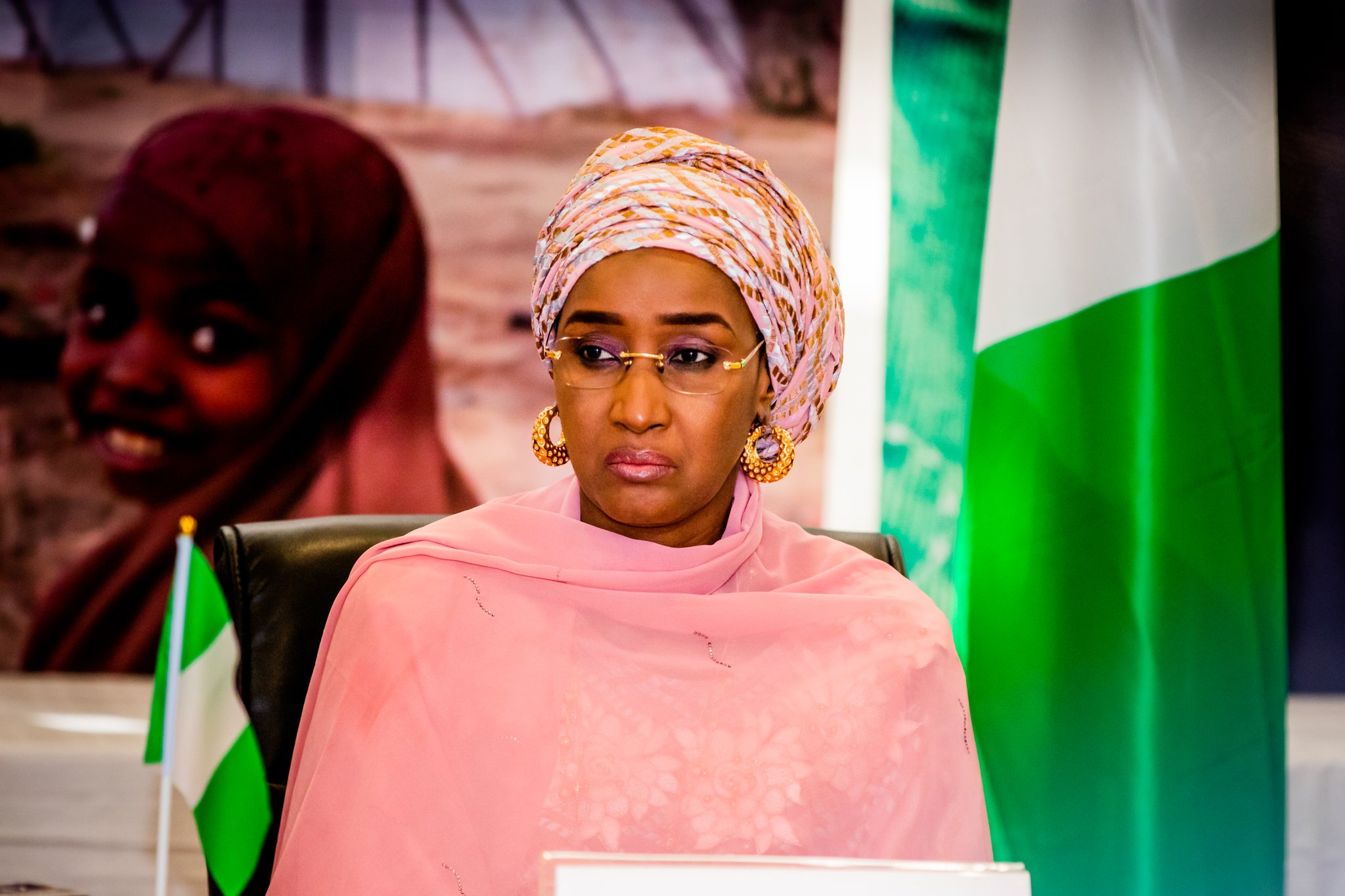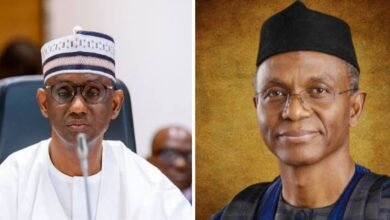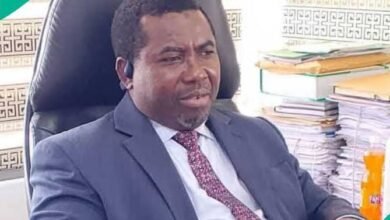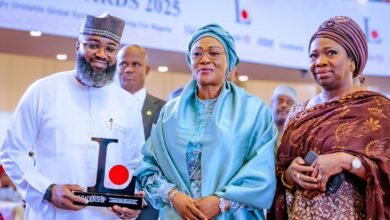
The Global Economic Policy Initiative has explained that the reason for delayed payments of N-Power beneficiaries has to do with the technicalities of government processes in making such payments.
The group, in a statement by its Chairman, Bernard Okri, highlighted that with the programme now institutionalised under a Ministry, payments cannot more be “made by the wave of a hand or by executive suo motu.”
“The very act of institutionalising the N-Power programmes, vesting it under the mandate of a Minster and in a newly formed Ministry equals that there would be some fundamental changes in the operations of activities. Financial releases under any Ministry are not done by the wave of a hand or by executive suo motu. They follow processes that must be complied with at every turn.
“The notion that the Minister held back payments is outlandish. It is premised on not understanding the nature of payments made under a Ministry. The Minister of the Humanitarian Affairs Ministry is said to have signed off about two weeks ago. But her signing off is not alone to release funds to the pockets of the beneficiaries, it must go through the checks of our bureaucracy to ensure that moneys paid are not illegitimate.” Bernard explained.
The group also explained that moving the entire social investment programmes to the Ministry was for the long term betterment of the programmes.
Explaining further, Bernard stated that if the beneficiaries did not endure this temporary hardship, it would starve future opportunities for others to come into the programme.
“The sustainability of the programmes are hinged on their institutionalisation. And this would not come without some temporary setbacks and hitches, all geared towards ensuring that the programmes achieve their purpose and long term goal. The beneficiaries must understand this, and appreciate it too.
“If N-Power would produce future entrants into its programmes, it must set in place a credible process for them to come in, be engaged and leave fulfilled after their two years expected stint.
“It is important that new intakes are brought in. The programme must fulfil its continuity pattern.”
Mr Okri also frowned at criticisms being levelled against the Minister stating that they were unfair and lacked in-depth appreciation of the entire role she was playing amidst reforms and the COVID-19 pandemic.
“If one takes a deeper look at the role the Minister, Sadiya Farouq is playing, one would holdback on the urge to be critical. She did not come in to meet a perfect programme. For the N-Power programme in fact, about 200,000 beneficiairies who should have exited the programme last year – after their two years pendency on the programme expired – are still benefiting. This is a dilemma for a Minister who has due process to account for. Does she throw them out? Unceremoniously? Or does she keep them and work out a suitable exit plan for them?
“The Minister has chosen the latter – at extra cost to the government and her Ministry. She should be commended for the humanity seen here. Not ridiculed.” He noted.
GEPIn’s Chairman also stated that reforms and an overhaul of the entire Social Investment Programmes was due.
“Given the public scrutiny on these programmes, at a time like this, it is my suggestion that the Honorable Minister take the unpopular but right path to execute an overhaul in the programmes handed over to her, especially to fulfil the purpose of institutionalisation.” Mr Okri stated





